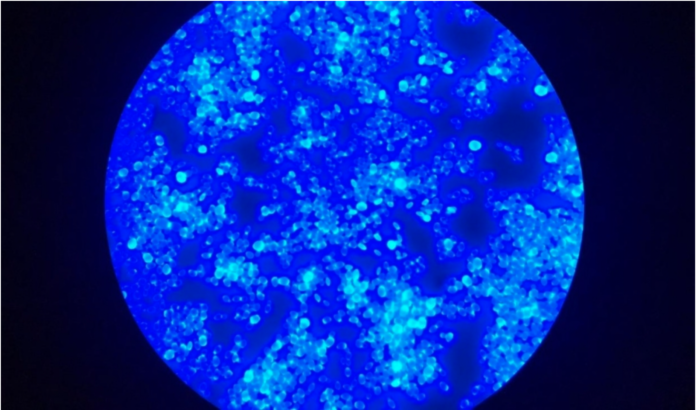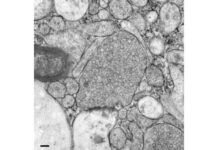
Rising cases of multi-drug resistant ‘super fungus’ among hospitalized COVID-19 patients in the Brazilian city of Salvador.
In December 2020, the Brazilian city of Salvador reported its first case of Candida auris. Both cases of the super fungus had occurred in COVID-19 patients present in the same intensive care unit (ICU). According to the study published in the Journal of Fungi, the first patient was a 59-year-old male with a history of deep vein thrombosis. He spent 47 days in the ICU, receiving treatment for COVID-19 and associated complications. Moreover, he received steroid therapy while hospitalized. Eventually, after becoming clinically stable, he was discharged on day 49.
The second case was of a 74-year-old female patient with a history of renal disease, diabetes, and hypertension. Similar to the first case, she also received steroid therapy during her long-term stay in the COVID-19 ICU. Both patients had no history of international travel.
However, since then, the number of cases of the rare fungal infection have gradually risen in Brazil. Bases on the absence of travel history among cases and travel restrictions in Brazil during the pandemic, scientists hypothesize that the particular species of C. auris may have emerged locally in Salvador. Moreover, the species may have been present several months before the presentation of the first case.
Nine other C. auris patients have since been diagnosed at the same hospital, some colonized [with the fungus in their organism but not doing harm] and others infected
Arnaldo Colombo, study author
What is Candida auris?
The super fungus, Candida auris is one of the fungal species that can cause candidiasis in humans. It was first discovered in Tokyo in 2009 within the ear canal of a 70-year-old woman. However, it didn’t gain attention until later when it started causing outbreaks in multiple countries across the world.
The fungus typically causes infections in hospitalized patients with weakened immune systems. Furthermore, it is resistant to multiple antifungal drugs. Thus, making it a global health concern.
The species quickly become resistant to multiple drugs and isn’t very sensitive to the disinfectants used by hospitals and clinics. As a result, it’s able to persist in hospitals, where it colonizes health workers and ends up infecting patients with severe COVID-19 and other long-stay critical patients.
Arnaldo Colombo, study author
However, C. auris is not the only fungal infection posing a threat to COVID-19 patients. Several reports of the rare black fungus infection have also come forward in India and Pakistan. Researchers believe factors such as long hospital stays along with the irrational use of antibiotics and steroids play a major role in the development of fungal infections among COVID-19 patients.
Reference:
de Almeida JN Jr., Francisco EC, Hagen F, Brandão IB, Pereira FM, Presta Dias PH, de Miranda Costa MM, de Souza Jordão RT, de Groot T, Colombo AL. Emergence of Candida auris in Brazil in a COVID-19 Intensive Care Unit. Journal of Fungi. 2021; 7(3):220. https://doi.org/10.3390/jof7030220



